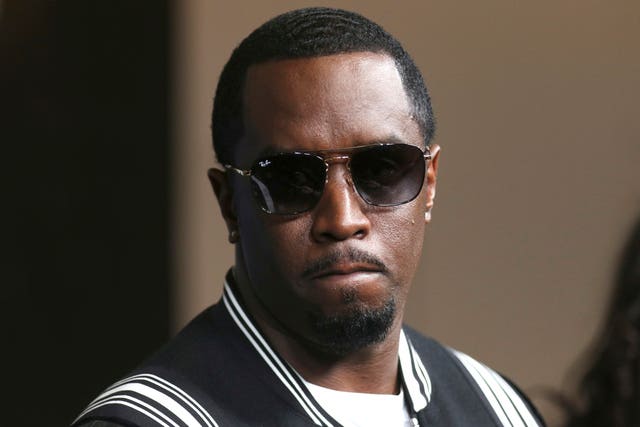Sean “Diddy” Combs is accused in one of two lawsuits filed on Monday of drugging and sexually assaulting a 10-year-old boy in a New York hotel room in 2005.
The second lawsuit accuses the jailed hip-hop mogul of similarly assaulting a 17-year-old would-be contestant on the reality TV series Making the Band in 2008.
The lawsuits filed in the state Supreme Court in New York are the latest in a wave of lawsuits in which accusers allege they were sexually assaulted by Combs at parties and meetings over the last two decades.
Combs’ lawyers denied the two new claims, which surfaced on Monday, accusing lawyer Anthony Buzbee, who also represents accusers in earlier lawsuits, of using the suits as a way to seek publicity.

“In court, the truth will prevail: that Mr Combs never sexually assaulted or trafficked anyone—man or woman, adult or minor.”
Combs, 54, is incarcerated in a New York City jail after pleading not guilty to federal sex trafficking charges contained in an indictment unsealed the day after his September 16 arrest.
Charges include allegations he coerced and abused women and silenced victims through blackmail and violence.
The 10-year-old boy, who was not identified in the lawsuit, was an aspiring actor and rapper who had travelled with his parents from California for meetings with music industry representatives.
During what was supposed to be an audition for Combs, he was given a drug-laced soda by a Combs’ associate and sexually assaulted by the Bad Boy Records founder, the lawsuit claims.
The boy eventually lost consciousness. When he awoke, Combs threatened to badly hurt the child’s parents if he told anyone what happened, the filing said.
In a second lawsuit, a 17-year-old unidentified male said Combs forced him into sexual acts with both the rapper and a bodyguard during a three-day audition for the Making the Band TV show, which Combs produced.
According to court documents, when the aspiring contestant expressed reservations, he was eliminated from the competition.
The lawsuit also claims he was unable to return to the music industry for seven years.
Both suits were brought under New York City’s Victims of Gender-Motivated Violence Protection Act, which allows survivors to bring lawsuits even if the statute of limitations has passed.






